How I heal my Anxiety without drugs?
Anxiety is said to be on a rise especially in wealthier countries and with younger generations in focus. It’s going at a pace of around a 5% rise annually in countries like the United States according to Medical News Today, though the report is quite outdated today, it’s unlikely to have changed to better now.
But don’t label yourself as having anxiety disorder yet, anxiety is not always a disorder. Here’s how do you know that you have an anxiety disorder?
With the increase in the population affected, there’s a requirement and curiosity among them to find a generalized anxiety disorder treatment without medication. As for a lot of us, chemical drugs are the last resort. The good news is, we do have quite some ways how to overcome anxiety and depression and methods of treating anxiety without antidepressants.
Anxiety at work
Anxiety goes hand in hand with pressure, guess where you get the most of your pressure from? If it’s your workplace like most, then you might also have the anxiety accompanying you while at work. How to stop an anxiety attack at work?
It’s manageable though not very efficient to get anxious at work. But if you happen to have an anxiety attack that’s depriving you of your decision-making skills then that’ll affect your job big time.
We’ve come up with a handful of those, hope it helps you.
Be Mindful
Being aware of yourself, your behavior, and what triggers give you that upper hand over the problem.
If you try to understand your pattern of thoughts while you get anxious then you’ll gradually start decoding things at a metacognitive level.
One way to do it is to change your perception, stepping out of yourself, and watching yourself from a second person’s perspective. Imagine you flying out of your body, then stand beside you and look at you, think about the situation as if you would for someone else’s. Analyze and rationalize the best you can, being unbiased, not knowing what you actually think.
This pondering over the situation as to how someone else would give you a rational glimpse of the situation if you could really come out of your point of view and think afresh, without, and default suppositions.
There are also Mindfulness-based therapies, which focus on changing the relationships between the person suffering from anxiety and his or her thoughts.
In such mindfulness-based therapy, the person experiences all the physiological symptoms of anxiety in the form of sensations felt in the body. This exploration of the sensations is done mindfully rather than trying to avoid them and getting more nervous.
And also the threatening thoughts which flow in the mind are addressed and passed through a rational filter to reveal the fallacy behind it.
The person starts realizing and responding to the negative thoughts for good.
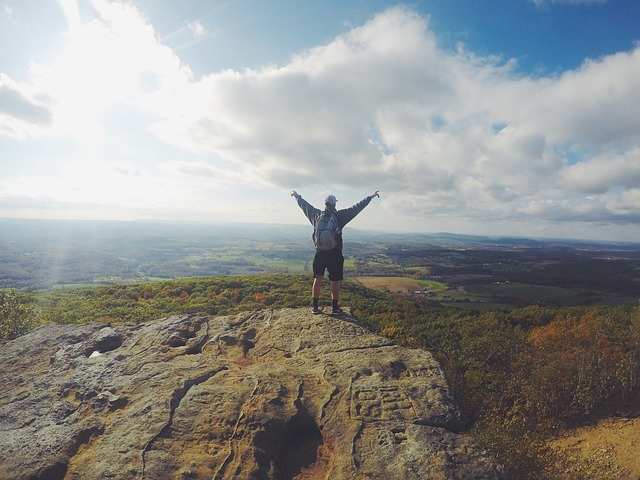
Identify the culprit and isolate him/her.
We come across a lot of people of different kinds in our lives, we like some, and some we don’t quite get along very well.
In today’s world, we have more virtual friends than real ones, thanks to social media. Moreover, it’s easier to abuse someone emotionally or verbally as it would be more difficult if it was face-to-face.
If there is anyone in your life who triggers negative thoughts in you or who makes you anxious then you shouldn’t think for a second before ending it. Yes, you don’t need him or her in your life, make it clear. It sometimes may be difficult if the person happened to be your family, still in your mind, detach him or her keeping that person in a “you don’t matter” zone.
Are you sleeping enough?
Ask yourself, do you wake up fresh and energetic? If no, then did you deprive your body of its necessity? Of what it deserved? A sound and peaceful sleep? Maybe you didn’t give it enough time to recover, did you?
And more importantly, your brain needs the rest to be refreshed to fight all that threatens its health. It has to face anxiety, depression, stress and God knows what.
The more relaxed your brain is, the better you’ll feel and, the easier it will be to deal with negative thoughts and stressful situations. Otherwise, it creates havoc when you try to fight these unwanted thoughts with limited resources, the energy. It creates misperceptions and irrational conclusions leading to anxiety.
Get in child mode, play
Like all work and no play makes Jack a dull boy, you need some playtime to create those playful enjoyable feelings to counter the negative ones.
I know you’re not a kid anymore, but here’s why it’s important.
Recall how you felt when you were a kid, playing around, getting tired, sweating all the way, and still enjoying every bit of it. That hyperactive life exhausted you by the end of the day but you still cherish those memories. You got a sound sleep, it was easier to smile, laugh, and keep doing it, and happiness was easily achievable.
Will it be the same now?
You of course cannot go to that extent but some portion of that can still sprinkle happiness in your life now. Go try it and see how you will be able to beat your anxiety.
Move your body
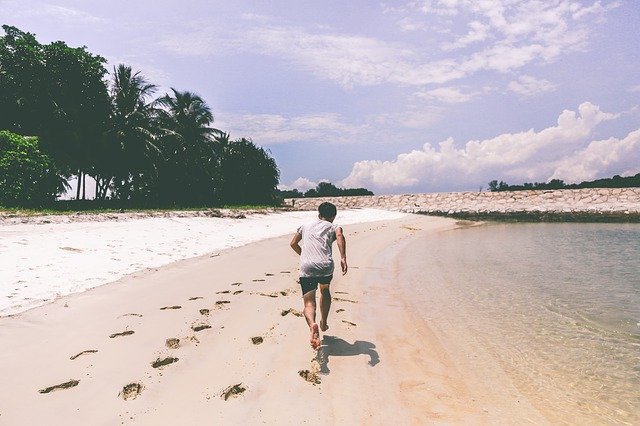
Exercise is proven to be beneficial in reducing stress and anxiety levels and boosts a promising mood and bedtime.
Indulging in physical activity divers your attention from what’s bothering you.
Anxiety creates tension in parts of your body and exercise helps release that stress.
It ensures the availability of anxiety-fighting neurochemicals in the brain.
I know you’re already doing it but this is different. Breathe.
Have you observed that your breathing pattern changes when you’re anxious? Or it could be that when you sense someone else’s disturbed breathing pattern then you can conclude that they’re experiencing some psychological change like anxiety or stress.
But did you think about this,
When you get anxious your breathing pattern changes, is it the other way around too?
Or think it this way,
Can you remain anxious while breathing calmly, or normally? It’s that simple, right?
Now, do you feel that anxiety is beyond your control?
What about breathing? I’m quite sure that you have total control over your breathing pattern. You can breathe the way you want, shallow or deep, or even hold your breath, and that’s exactly what gives you control over other things too.
Just to make things simpler,
We breathe either abdominal (Diaphragmatic) breathing or chest (Thoracic) breathing. Which is very obvious from the names.
The moment you feel anxious next time,
Just focus on your breathing pattern mindfully, (which we normally don’t being in the flow of anxiety) and notice that you’ll be breathing shallow breaths or chest breathing. Start taking deep abdominal breaths, and you’ll start feeling the anxiety losing its intensity.
Here’s how you do it:
- Relax your body, and see if you have pressure or stress in any part of it, like the shoulders, chest, or neck. Release the stress, just relax.
- Inhale through your nose to take a deep breath right into your belly. You should feel your belly expand (not your chest)
- Exhale slowly through your mouth, and keep your jaw muscles relaxed. Let the air slip through the lips.
- Repeat as many times as you want.
There are more such breathing exercises if you want to try them. Harmonic Breathing is a really simple and fun way to practice breathing exercises and is 100% free. Simply match your breath to the rising and falling intonations of the music on each track and notice your body calm down and your anxiety reduces.
So you’re in control now.
Give yourself a warm or cold shower, depending on the climate.
Choose the temperature hot or cold, based on what comforts you the most in accordance with the weather or your mood perhaps. A hot shower ideally relaxes the muscles and a cold one can improve your mood and circulation of course.
Take a shower, it not only cleanses your body but also has the capacity to cleanse your thoughts.
Let the drops of water soothe your body with the gentle most touch you can experience, in peace and solitude. Just the way you want, the warmth you want. Experience the joy in solitude.
Let yourself have it and you’ll see the change.
And yes,
If you could add some aroma to it, then it may add wonders. Like the one, we’re about to discuss right now.
When utilizing hydrotherapy for tension, you should just utilize cold water for a couple of moments one after another. You would then be able to complete your shower with tepid water.
Smell the lavender.

Even the smell goes to the brain and it affects your mood. Research has been done on the effect of aroma on situations like anxiety. This study speaks about the effect of lavender on anxiety.
Aromatherapy isn’t new, it has existed for ages for treating insomnia, anxiety, and even pain management. This Frontier in Behavioral Neuroscience study reveals how sniffing linalool, a compound in lavender triggers the same parts of the brain that anti-anxiety drugs do.
Though this research was done on mice aromatherapy still has proven to be effective in many other instances. There’s a reason why it still exists.
Being a wonderful way of generalized anxiety disorder treatment without medication and a good alternative for those who are bothered about the side effects of a drug.
It’s very important to understand that,
Not every anxiety is the same, and not every person is similar. The results may vary with the type of anxiety disorder you’re suffering from and the type of person you are. I suggest that you give a professional aromatherapist a visit.
Eat when you’re hungry. But eat the right food.
If you skip meals because of anxiety, you’re worsening things.
Remember we spoke about how to know if you have an anxiety disorder, we discussed that we do need anxiety. And it needs not any treatment had it not been there at the wrong time and for the excessive duration.
We do need anxiety, but when we’re in a situation, like that of a fight or flight. There’s a hormone, Cortisol, which comes to our rescue when we’re in such a situation. It triggers the instinct in fight or flight situations making us more capable of coping with it. But we don’t need it when things are normal.
Why am I telling you this?
Because
If you skip your meals then you’re making your body release this hormone as a result of the reduced blood sugar level, thanks to the skipped meal.
Now don’t take that as an excuse to stuff your mouth with all that appeals to you, especially the junk and the sugar. Because I’m not saying sugar is good for you, I’m just saying that reduced sugar is bad. And so is excess sugar, as if not anxiety it can trigger physical symptoms of anxiety, which is not good either.
Speak, you know what, shout.
Recall your childhood,
Whenever you felt scared, anxious, or nervous, you would just rush to the one whom you trusted most. Often times your mother, who would then speak with you, would cry and narrate what has threatened you or disturbed you.
And whenever you spoke your heart out, your tears would stop their flow and your heart would come back to its normal pace.
Cut off caffeine.
Coffee might be your go-to drink when you need an energy boost, for me too. Coffee trucks the brain into feeling fresh by blocking adenosine which makes you feel tired.
It also triggers adrenalin, the energizing hormone. The problem arises when our consumption pushes things out of proportion. We do want energy, but excessive adrenalin could lead to anxiety.
When you don’t want it, you just don’t want it. Just say NO.
If you force yourself into something you’re not comfortable with, then you’re pushing your limits. This actually of making yourself vulnerable is an informal invitation for anxiety and stress.
Give yourself a favor, you deserve it more than whom you’re doing it for.
The most important time is now, live it.
We all have our pasts, and in that memory bank, we must be having some memories which will be capable of triggering sorrow and regrets. And more importantly, there’s hardly anything we could do about it now. Leave them alone.
We also have concerns regarding our future which makes us anxious. But even if it does, we should plan but being obsessed with it won’t make any difference. Not the better one at least.
The best thing to do is to live in the moment, and focus on now. Do what’s right now, do what matters now.
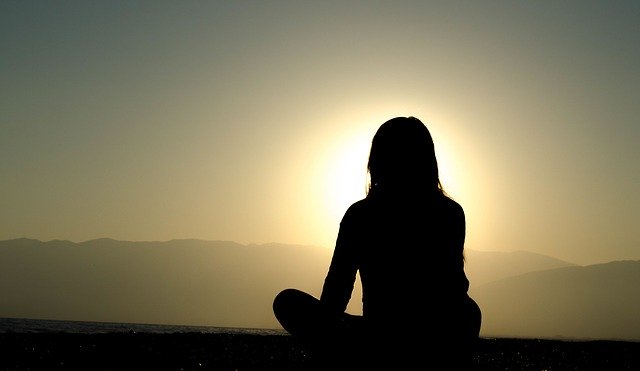
Meditation
You need to understand anxiety to deal with it in a better way. The more you understand, the more capable you’ll be of dealing with anxiety attacks. And that’s where meditation comes into the picture, it’s the life jacket for those who are trying to find a way of treating anxiety without antidepressants.
Find a calm place and sit, in solitude, feel and enjoy the peacefulness around you. You’ll enjoy it more if you are in natural surroundings, with greenery and birds chirping all around. Breathe, deep, deep, and deeper. Till you feel that it’s the only thing you’re doing, and it’s all that matters now.
Now,
Start feeling every part of your body inch by inch. Increase your awareness of what sensations are you feeling, so that you could sense what anxiety does to your body when you’re into it.
Summon your anxious self in front of you (the calm you). Assess what triggers your anxiety and the effects it leaves on you, both physically and emotionally. Tell yourself that anxiety is an emotion and you are not anxious, it’s just what you feel at that moment. And if you’re able to calm yourself then you can control your emotions, hence your anxiety.
Hence meditation will help you be mindful which will help you understand and acknowledge your emotions and deal with them more effectively. Explore your emotions and feelings, understand them, and know the causes, triggers, and consequences. It’s better to recognize them than drain yourself from fighting those feelings.
Psychotherapy
How to stop an anxiety attack at work
These are general first aid remedies you could apply to reduce your anxiety, may it be anxiety at work, in a social situation, or in your personal space. But when you see that things get severe, then I’d recommend you see a psychotherapist.
If it’s alcohol abuse
Of all the reasons behind generating anxiety, alcohol is the one that has influenced a huge percentage. And so much so that it has been quite difficult to come out of it once into it.
Sounds familiar?
You must focus on it immediately. Consider taking alcohol abuse treatment. It’s important that the cause is dealt with to cure the problem.
In addition to what’s already being discussed, when you’re at work it might be different. In a professional environment, it may not be feasible to carry out the above-mentioned procedures, at least not all of them.
Hence, consider those which can be done, like breathing, mindfulness, etc. In addition to that here’s what you should do:
Get out of the situation:
The situation which you’re in, or the place, environment, whatever you call it, get out of it. See if you can manage to go out, or at least move to the toilet.
Defocus on the environment
It’s important to shift your focus from what could have caused the anxiety. Close your eyes, the shortest way to get your brain out of there. Focus on something else, like focus on your relaxing deep breaths.
Exercise
I know we’re talking about anxiety at work, all I’m asking you is at least walk around. If possible as I said before, go out, and have a walk.
The magic of fantasy
Imagine the place where you’d love to be right now. Immerse yourself in that place, see the vision, hear the serene sounds, and feel the feelings you’d get.
Use water
It’s not possible to take a shower in the office or field. So, find a washroom and wash your face with cold water. Enjoy the splash on your face and wrap a wet towel around your neck if you’re comfortable with it.
Do inform
Don’t hesitate to let your colleagues or boss know of the situation. Let them not hit the bushes when they see something different in your behavior. It’s better to be transparent and nobody can discriminate against you on this basis.
Make a call
Call a family member or a friend who understands you and conversing with whom will ease things for you.
Head to your home
Call it a day off if required. Go home stay with your family, and take some rest.
There’s no best treatment for anxiety, but there’s one for you, only you could find the right one for you.
This could be a generic list of generalized anxiety disorder treatments without medication but it depends on the type of anxiety, type of personality, and the level of anxiety a person is going through.
There might be a lot of natural remedies for anxiety and depression for those of you who don’t want to go for medication. It sometimes might be difficult for someone who is trapped in a very high level of anxiety, so much so that his or her decision-making ability is at stake.
The best thing I would suggest for such is that, don’t take chances.
Find someone who can help you out, someone qualified for this, a psychotherapist.

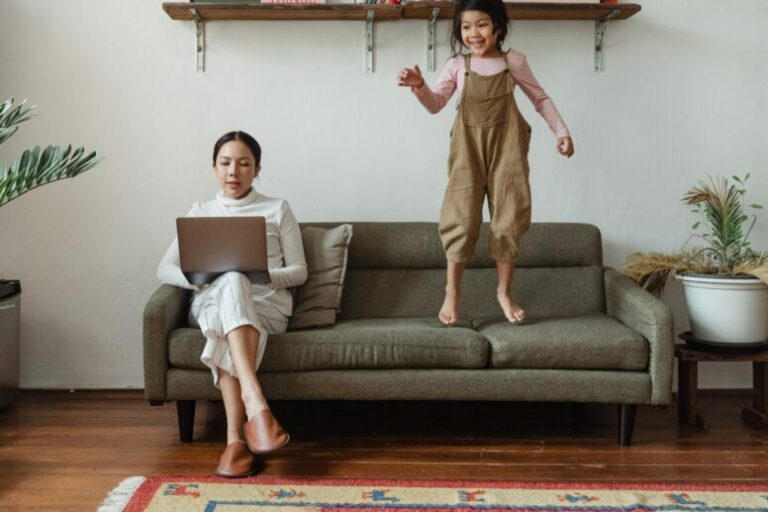
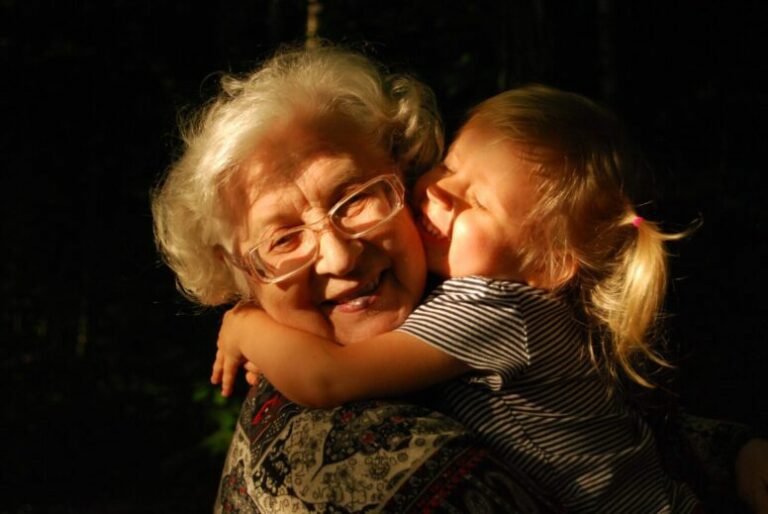


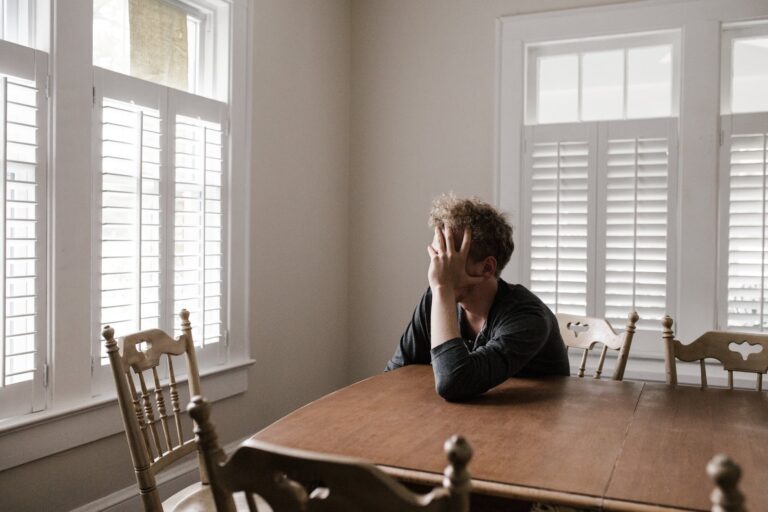
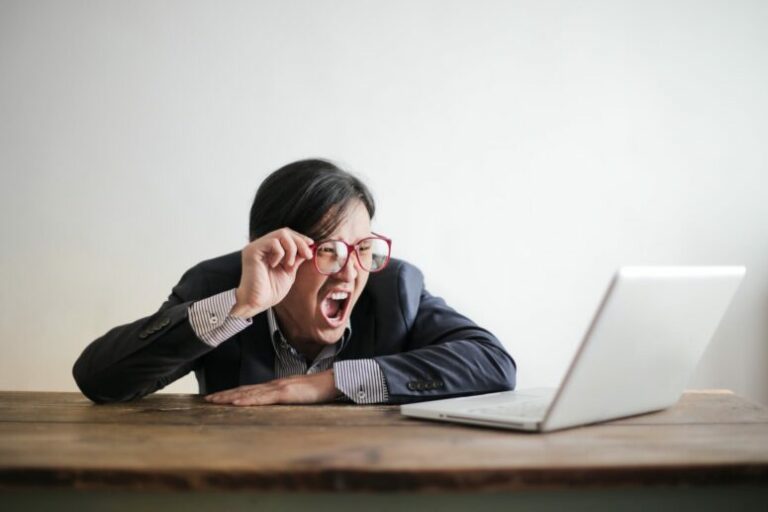
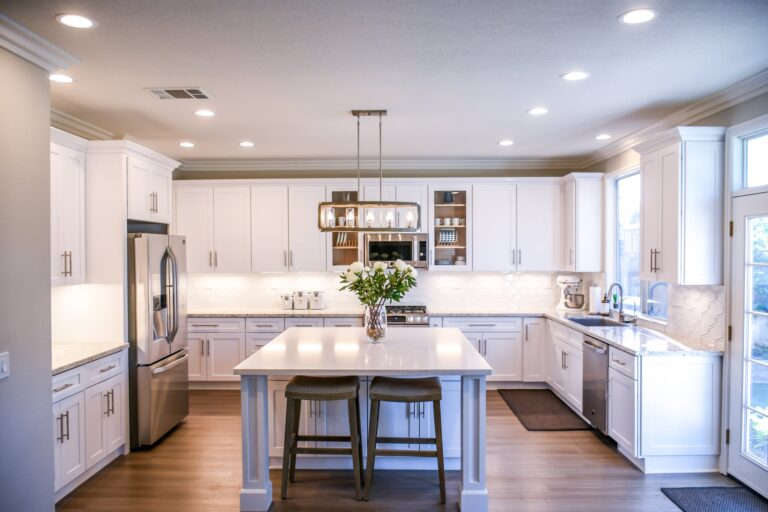
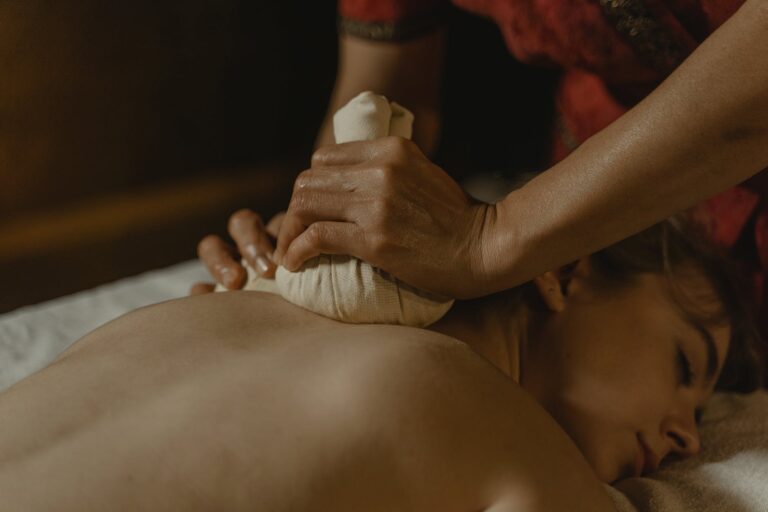
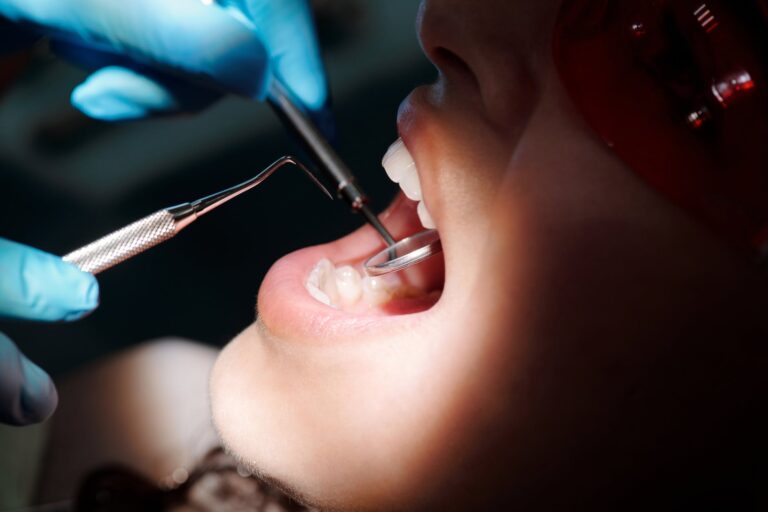
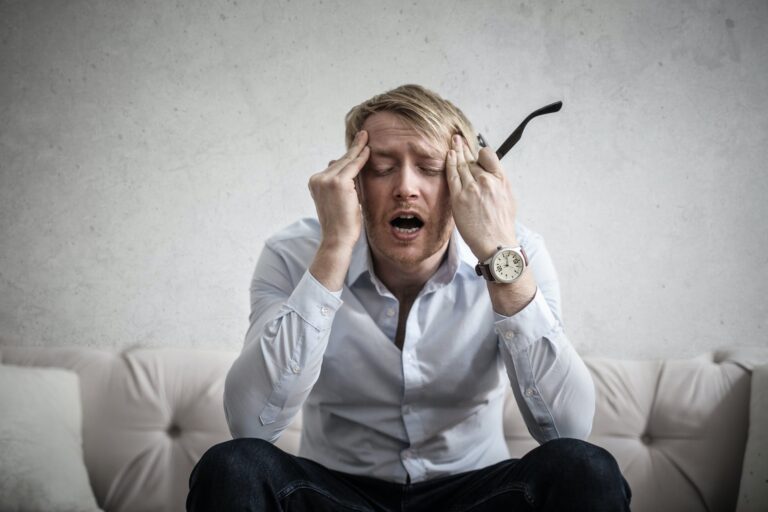
Comments are closed.